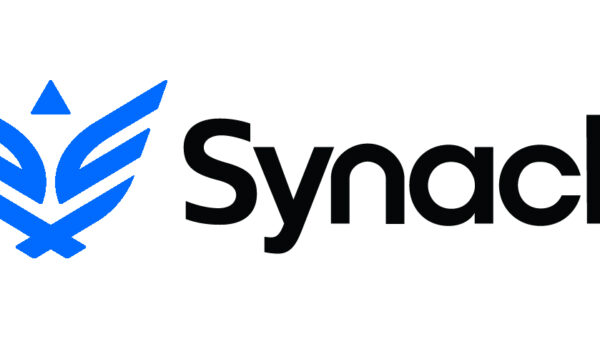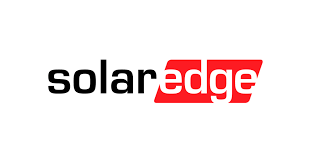URGENT UPDATE: A new trend is sweeping the note-taking community as users rapidly shift from traditional platforms like OneNote to the open-source tool QOwnNotes. This transition highlights a growing demand for lightweight, customizable, and privacy-focused alternatives in a world where digital note-taking is essential.
Just announced, users are ditching OneNote due to its rigid structure and proprietary format. The flexibility of QOwnNotes, which operates on plain text Markdown, is resonating with note-takers seeking a more adaptable solution. This open-source app is gaining traction for its simplicity, allowing users to manage their notes without the constraints of a corporate ecosystem.
The appeal of QOwnNotes lies in its local-first approach, ensuring that notes are accessible and future-proof. Users report that their notes are stored as plain text files, facilitating seamless editing and organization across devices. With no proprietary format locking them in, users can freely manipulate their data, a significant advantage over the limitations set by Microsoft.
In a recent review, a user shared their experience: “I felt boxed in by OneNote, and QOwnNotes has completely transformed my workflow. The tagging and search functions are incredibly intuitive, making my scattered notes manageable.” This sentiment reflects a shift towards tools that prioritize user control and ease of access.
One standout feature is the customizable workspace. Upon installation, QOwnNotes prompts users to choose their preferred layout, including options like Minimal and Full. This level of personalization extends to various settings that enhance user experience, such as automatic bracket closing and Markdown formatting shortcuts. Users can even utilize scripts to further tailor their experience, with options like Black Mode adding a sleek aesthetic to the interface.
Accessibility is also a key factor in the growing popularity of QOwnNotes. The app integrates easily with services like Nextcloud, allowing users to self-host their notes securely. This contrasts sharply with OneNote, which requires a Microsoft account for full functionality, raising concerns about data privacy among users.
The innovative tagging system in QOwnNotes empowers users to categorize their notes efficiently. One user noted, “The tagging feature reminded me of Joplin, allowing me to filter my workspace quickly.” The search functionality is equally impressive, providing immediate results that enhance productivity and organization.
As of October 2023, the surge in adoption of QOwnNotes signifies a pivotal moment in the note-taking landscape. Users are increasingly seeking alternatives that align with their needs for simplicity, portability, and privacy. With a growing community around open-source tools, QOwnNotes is poised to become the leading choice for those looking to streamline their note-taking processes.
Looking ahead, the focus will remain on how QOwnNotes continues to evolve and meet the demands of its users. As developers enhance features and usability, expect more note-takers to join the movement away from traditional platforms.
Stay tuned for the latest developments as QOwnNotes proves that efficient note-taking doesn’t have to be complicated or restrictive.




































































